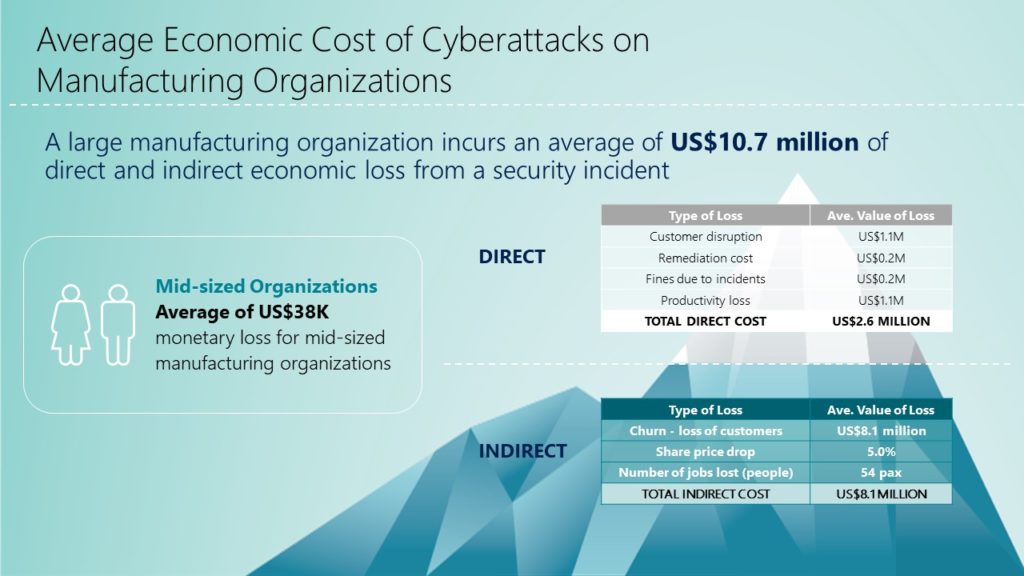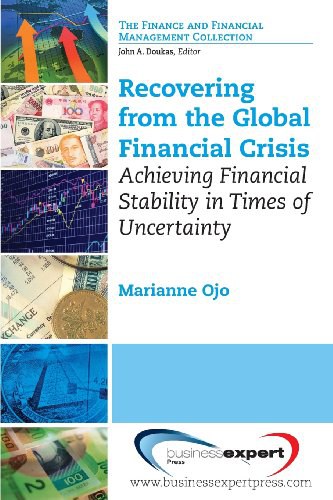Understanding the Impacts of the Auto Loan Crisis on Consumers and the Economy
#### Auto Loan CrisisThe auto loan crisis refers to a significant downturn in the auto financing market that has far-reaching implications for consumers, le……
#### Auto Loan Crisis
The auto loan crisis refers to a significant downturn in the auto financing market that has far-reaching implications for consumers, lenders, and the overall economy. This crisis has emerged due to a combination of factors, including rising interest rates, increasing vehicle prices, and the economic fallout from the COVID-19 pandemic. As consumers struggle to manage their auto loans, many are facing defaults, leading to a surge in repossessions and financial instability.
#### Causes of the Auto Loan Crisis
Several key factors have contributed to the auto loan crisis. First, interest rates have been steadily rising as the Federal Reserve attempts to combat inflation. Higher interest rates mean that consumers are paying more for their loans, making it increasingly difficult for them to keep up with payments. Additionally, vehicle prices have skyrocketed due to supply chain issues and increased demand for personal transportation during the pandemic. As a result, many buyers are taking out larger loans than they can afford.
Furthermore, the economic uncertainty caused by the pandemic has left many consumers in precarious financial situations. Job losses and reduced income have made it challenging for individuals to meet their monthly obligations, including auto loans. This has led to a rise in delinquencies and defaults, putting further strain on both consumers and lenders.

#### Impact on Consumers
The consequences of the auto loan crisis are severe for consumers. Many individuals are facing repossession of their vehicles, which not only affects their mobility but also their credit scores. A lower credit score can lead to higher borrowing costs in the future, creating a vicious cycle of debt. Moreover, the emotional toll of financial stress can lead to anxiety and other mental health issues.
Consumers who are unable to pay their auto loans may also find it challenging to secure financing for other necessary purchases, such as homes or personal loans. This can hinder their ability to build wealth and achieve financial stability. Additionally, the crisis disproportionately affects low-income individuals and communities of color, exacerbating existing inequalities in access to credit and financial resources.
#### Impact on the Economy

The auto loan crisis does not only affect individual consumers; it also has broader implications for the economy. The auto industry is a significant driver of economic activity, and a decline in auto sales can lead to job losses and reduced economic growth. As more consumers default on their loans, lenders may tighten their credit standards, making it harder for individuals to secure financing for vehicles. This can create a downward spiral, further dampening demand for new cars and impacting manufacturers and dealerships.
Moreover, the rise in repossessions can lead to a surplus of used vehicles on the market, which may drive down prices and negatively impact the resale value of cars. This can create a challenging environment for both consumers looking to trade in their vehicles and lenders attempting to recover their losses.
#### Potential Solutions
Addressing the auto loan crisis requires a multi-faceted approach. Policymakers may need to consider measures such as extending loan terms, providing financial education to consumers, and implementing regulations to protect borrowers from predatory lending practices. Additionally, lenders could explore more flexible repayment options to help consumers manage their loans during tough economic times.

In conclusion, the auto loan crisis poses significant challenges for both consumers and the economy. By understanding the causes and impacts of this crisis, stakeholders can work together to develop effective solutions that promote financial stability and economic growth.